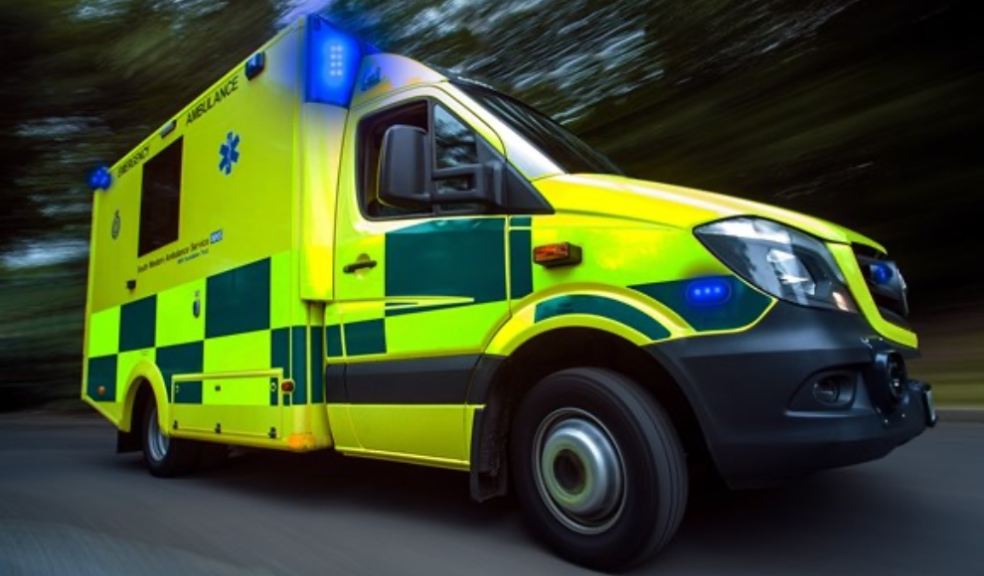
Ambulance service issues further appeal to the public ahead of industrial action
The South Western Ambulance Service is again urging the public to think carefully before dialling 999 during industrial action on Wednesday (11 January) and to only call if it is a life threatening or life altering emergency.
The Trust wishes to thank its people and NHS partners for their support during the previous industrial action, and to also thank the public for their support in using the service appropriately – it’s only with this support that the Trust was able to deliver the best possible care for patients.
While the NHS remains open to anyone that needs it, there are some things people can do ahead of the upcoming industrial action this week to help ensure services can care for everyone that needs it, including having enough medication [prescription and self-care].
On days where there is strike action, patients should only call 999 if it is a medical or mental health emergency [when someone is seriously ill or injured and their life is at risk]. Ambulances will still be able to respond in these situations, but this may only be where there is the most immediate risk to life.
Where the situation is not life-threatening, alternative support will be available through NHS 111 online or through calling NHS 111, and where possible, it is advised that you arrange alternative transport, should you need to visit a healthcare location.
Wayne Darch, Deputy Director of Operations, at the South Western Ambulance Service NHS Foundation Trust, said: “I’d firstly like to express my heartfelt thanks to all of my colleagues for their support over the festive period and as we head into a new year.
“On Wednesday 11 January ambulance workers will be taking industrial action, so we’re again calling on the public to help us to help those most in need of our emergency care services.
“The best way the public can help us is by only calling 999 for life threatening emergencies, we absolutely must have crews available for the most life-threatening conditions and we will be prioritising these patients.
“We know there will be patients waiting for an ambulance, and we will get to them as soon as we can. We are sorry that we may be unable to respond as quickly as we would like.
“Patients should be aware that less serious, non-life threatening incidents may not receive a response for the duration of the strike action, or that we will ask people to try and make their own way to an alternative NHS service where it is safe to do so.
“Please be reassured that we are doing all we can to manage winter pressures and the upcoming industrial action, including receiving military support during industrial action days which will allow our ambulance clinicians to be manning more ambulances and reach patients more quickly.
“If you’re waiting for an ambulance, please do not call back asking for an estimated time of arrival. We cannot provide this information and it blocks our lines from other callers reaching us.
“If the condition of a patient is not life-threatening we may direct you to alternative services. So please help us by accessing the right service for the care you need.”
Which service should I access?
- Self-care – visit NHS 111 online for self-care advice for things like grazed knees, coughs and colds
- Pharmacy – visit your local pharmacy for headaches, upset stomachs, aches and pains
- NHS 111 – visit NHS 111 online or call 111 for advice and support 24hours a day, seven days a week
- GP – call your GP for symptoms that won’t go away
- Minor injury unit – attend your local minor injuries unit for urgent not life threatening conditions and injuries such as sprains, fractures and burns
- 999 – call 999 for life-threatening emergencies such as cardiac arrest, loss of consciousness, fits that aren’t stopping, chest pain, breathing difficulties, severe bleeding, severe allergic reactions, suspected stroke and serious head injuries.













